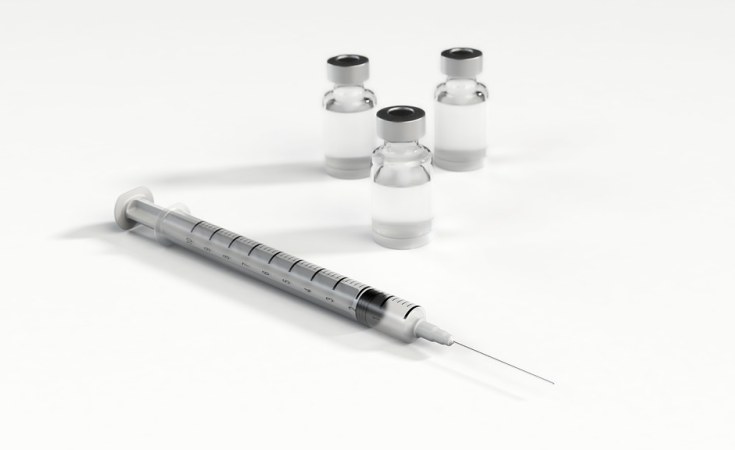Nairobi — The Ministry of Health is set to adopt a new approach to counter an increase in cervical cancer, which is mainly caused by the Human PapillomaVirus (HPV), through inclusion of boys in HPV vaccine roll out.
The HPV vaccine which prevents cervical cancer in women is currently only given to girls, aged between nine to fourteen years.
Boys in primary school will now be eligible to receive the vaccine alongside girls.
Speaking during a cancer awareness meeting at Kilele Health Association on Tuesday, Mary Nyangasi, the Head of the National Cancer Control Programme in Kenya, said because HPV can be sexually transmitted, reducing the number of males carrying the virus will help tame its transmission.
"Initially we targeted only nine-year-old girls because the doses we received were very few, so you have to give it to the people who will most need it and those were girls who were nine years," she said.
Nyangasi said the programme will be seeking for additional doses to facilitate the scaling up of vaccinations.
"We are still negotiating for more doses, since the world is moving towards vaccinating all boys and girls between nine to 14 years," she said.
Additionally, Nyangasi has called for more uptake of the HPV vaccine.
According to MoH uptake of the second HPV dose is 31per cent while the uptake of the first dose stands at 61 per cent among girls in Kenya.
Mouth, throat, penis and anus cancers
She emphasized on the need for parents and guardians to send their daughters to receive the HPV vaccine, as a preventive measure against cervical cancer.
"A large number of women affected by cancer are from poor families who live in rural areas and also have a low level of education," she said.
"Parents and guardians should send their daughters to receive the HPV vaccine as this will help prevent cervical cancer that has become viral and deadly in the country."
The vaccination provides protection against HPV types 16 and 18 which are responsible for approximately 70 per cent of cervical cancer cases.
The vaccine also prevents boys from getting infected with the HPV types that can cause cancers of the mouth or throat, penis and anus as well as genital warts.
Kenya introduced the HPV jab in 2019 targeting 800,000 girls aged 10 years with two doses administered two months apart.
Ministry of Health data shows nine women die of cervical cancer in Kenya every day, a situation that can be prevented through vaccination.
The Ministry aims at achieving a 90 per cent vaccination rate to reduce the prevalence of the disease.


